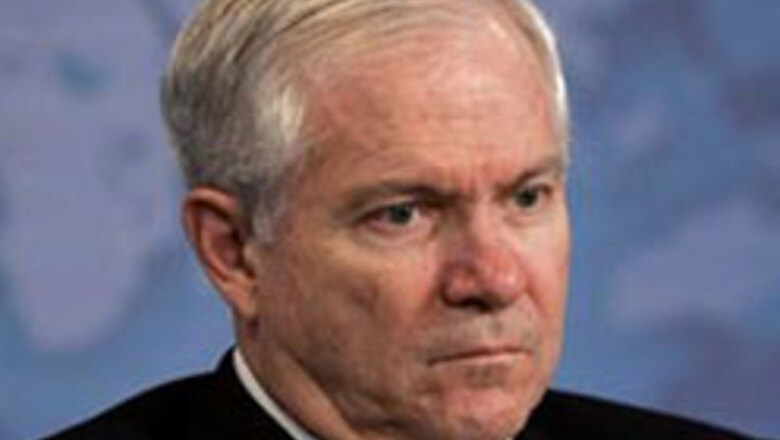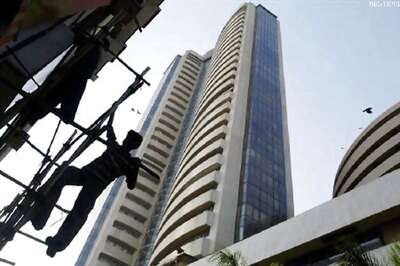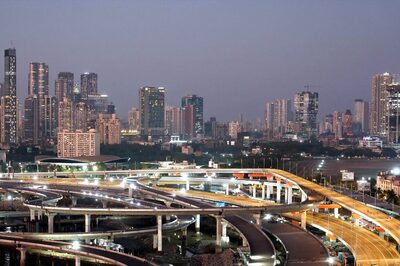
views
New Delhi: The United States would like to help India and Pakistan focus less on each other and more on the terrorism threat, but the two countries prefer to settle their differences themselves, said US Defence Secretary Robert Gates on Tuesday.
"We're always interested in that," Gates said as he flew to New Delhi for talks on Tuesday and Wednesday with India's prime minister, defence chief and other officials. "Regional stability is very important for everybody involved. I think it's clear that both sides prefer to deal with this bilaterally."
Mutual suspicion drives heavy defense spending and large standing armies for both countries. But Gates said India and Pakistan have demonstrated admirable restraint since the three-day terror attack more than a year ago in Mumbai, India.
India immediately blamed terror groups in Pakistan, and Pakistan has charged seven men. The siege of the financial center killed 166 people and set back efforts by India and Pakistan to resolve a deal over disputed Kashmir.
In December, Defence Minister A K Antony said India has withdrawn 30,000 soldiers from Kashmir as rebel attacks decreased over the past two years, but hundreds of thousands of soldiers are believed to remain. Rebel violence broke out anew this month.
The two countries began talks in 2004 to find a solution to the Kashmir dispute, but New Delhi suspended them after the Mumbai attacks.
Still, Gates told reporters traveling with him, "Even within the framework of that attack and the suspicions that it created, the two sides have managed to keep the tensions between them at a manageable level."
Gates said he will encourage the Indian officials to expand defense, information-sharing and logistical agreements with Washington. India is spending billions annually on U.S.-made hardware, although Gates said current agreements prevent India from being able to buy some U.S. weaponry or technology.
Gates' visit is the first high-level contact between the United States and India since Indian Prime Minister Manmohan Singh was honored with the Obama administration's first full state visit and dinner in November.
The honor has been overshadowed in the United States by embarrassing lapses in presidential security that apparently allowed three people without invitations to attend the dinner. But in India, the state visit was generally seen as a mark of respect and a sign that President Barack Obama wants a better relationship with the world's largest democracy.
The Obama overture built on efforts by the Bush administration to negotiate a hard-fought nuclear cooperation agreement. The 2008 nuclear accord permits US businesses to sell nuclear fuel, technology and reactors to India and reversed a three-decade ban on atomic trade with the fast-growing, nuclear-armed power.
The agreement was the result of three years of often frustrating political and diplomatic wrangling and marked a major shift in US policy toward India after decades of mutual wariness. India had faced a nuclear trade ban since its first atomic test in 1974 and has refused to sign nonproliferation accords.



















Comments
0 comment